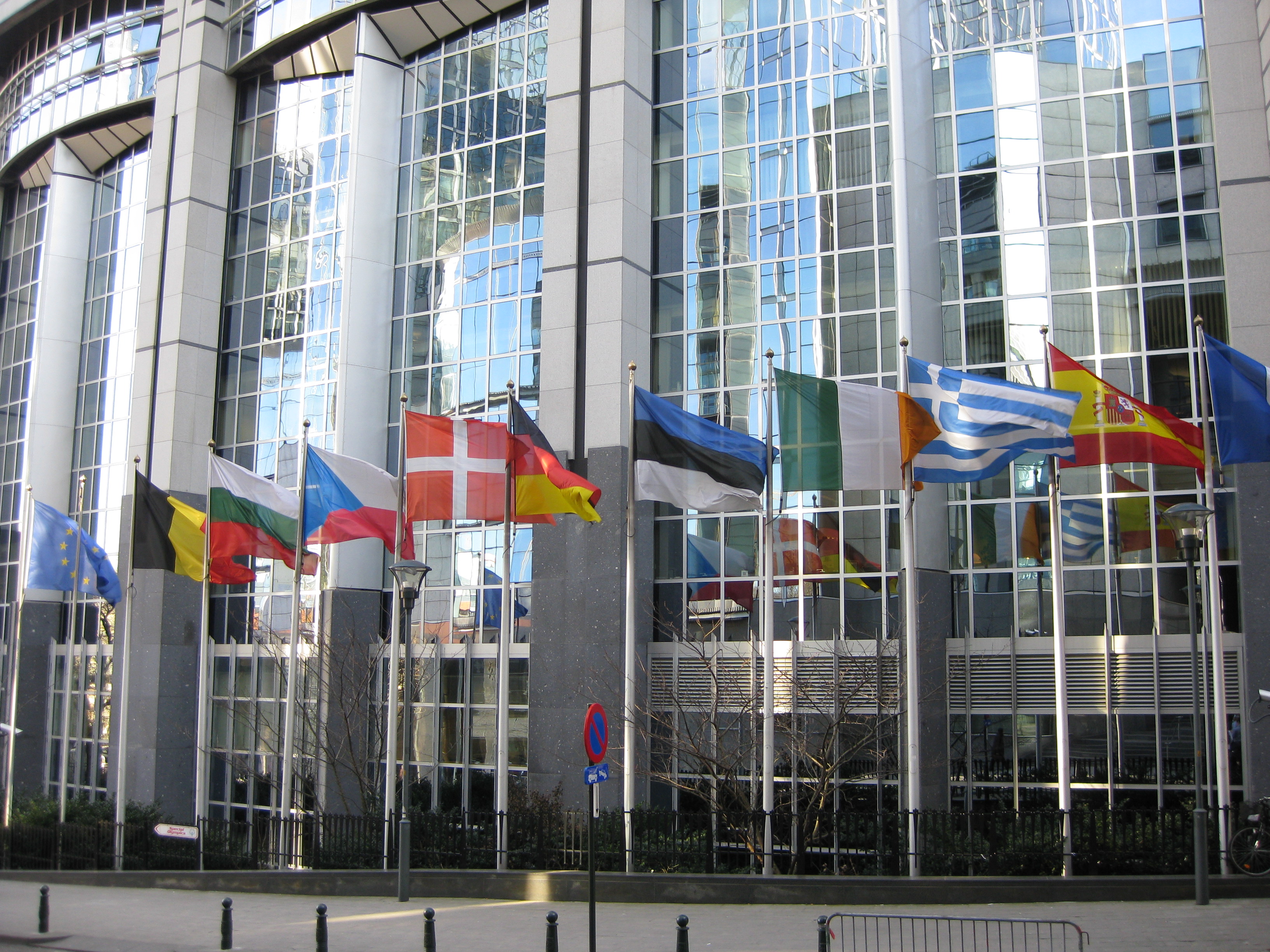The UN’s NGO Committee is failing to uphold basic principles of transparency, due process, non-discrimination and respect for fundamental human rights in its work, say UN experts and civil society organisations.
(New York) – The UN’s Special Rapporteur on the rights to freedom of peaceful assembly and association has added his voice to the alarm expressed about the practice of the UN’s NGO Committee, which acts as the gatekeeper to NGO participation in many UN bodies and processes. The Special Rapporteur’s call comes on top of an unprecedented mobilisation of over 230 NGOs from around the world calling this week on the Committee to respect basic principles of transparency, due process, non-discrimination and respect for fundamental human rights in its work.
In a commentary published today, UN expert Maina Kiai condemned yesterday’s vote at the NGO Committee against granting accreditation to the Committee for the Protection of Journalists (CPJ). States including Azerbaijan, Burundi, China, Cuba, Nicaragua, Pakistan, Russia, South Africa, Sudan and Venezuela all voted against accrediting CPJ, striking a blow against freedom of expression, a free press, access to information, and the protection of journalists.
According to the Special Rapporteur, despite repeated expert calls for reform of the practice of the Committee, including through his own report to the UN General Assembly in 2014, ‘not much has changed’.
‘The practice of NGO harassment by some Committee members’ continues to ‘profoundly undermine the ability of the United Nations to constructively engage with civil society,’ Mr Kiai said.
According to ISHR’s Eleanor Openshaw, the practice of many States at the UN’s NGO Committee in seeking to silence civil society is emblematic and reflective of attacks and restrictions on civil society at the national level, a view shared by the Special Rapporteur.
‘The same governments that are restricting NGOs domestically are stepping up efforts to take away NGOs’ voices on the international stage as well. They are doing this by hijacking, and subsequently closing, the main door used by civil society to enter the United Nations system: the Committee on NGOs,’ Mr Kiai said.
Read on for the full article from ISHR.
Read the Special Rapporteur’s statement.


